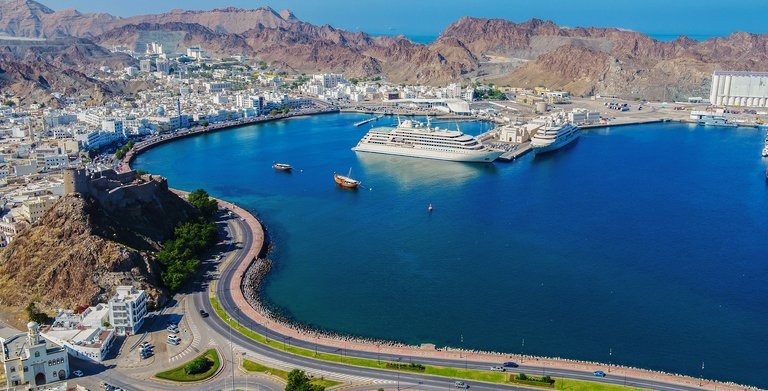Muscat: In September, His Majesty Sultan Haitham bin Tarik issued Royal Decree No. (78/2025) promulgating the Anti-Human Trafficking Law, aligning the Sultanate with international standards. The law introduces a comprehensive framework to safeguard victims, criminalize exploitative practices, and consolidate national and international cooperation.
The new legislation exempts victims from residency or work-related fines, shields them from liability for actions linked to their exploitation, and guarantees access to specialized shelters offering legal, psychological, and medical care. It ensures victims’ freedom of movement, safe housing, and dignity. Severe violations now carry penalties of up to 15 years in prison and fines reaching RO 100,000.
The law also criminalizes coercive tactics such as confiscating or destroying passports. Oversight is entrusted to the National Committee to Combat Human Trafficking, under the Ministry of Foreign Affairs, tasked with coordinating agencies, developing national plans, and maintaining specialized databases.
Read More
- Oman’s NCFI signs MoU with U.S. FinCEN to combat money laundering and terrorist financing
- Centre for Humanitarian Dialogue commends Oman’s role in promoting peace
- Over 40 drivers detained for causing traffic disruptions in Oman’s Sur Wilayat
- Expat arrested for drug possession and trafficking in Oman’s Buraimi Governorate
- Faisal Al Nabhani to speak at TAS Conclave 2025, highlighting Oman’s evolving investment landscape
Oman has strengthened its law enforcement mechanisms, intensifying investigations and prosecutions of employers and recruitment agencies involved in trafficking crimes. Proactive victim identification is being expanded to ensure support without requiring participation in legal cases. Protection centers dedicated to women, children, and men have also been established to rehabilitate survivors and provide comprehensive care.
The National Committee has enhanced its referral mechanism for rapid response across agencies, ensuring victims’ needs are met swiftly.
Preventive measures have been scaled up, with strict accountability for illegal practices such as “waiver fees.” Simultaneously, Oman is executing its National Plan to Combat Human Trafficking (2024–2026), supported by the Aman national campaign, a platform dedicated to raising awareness, reporting violations, and protecting rights.
On the international front, Oman continues to strengthen bilateral, regional, and global cooperation, actively participating in conferences, exchanging expertise, and engaging civil society and the private sector in joint efforts.







